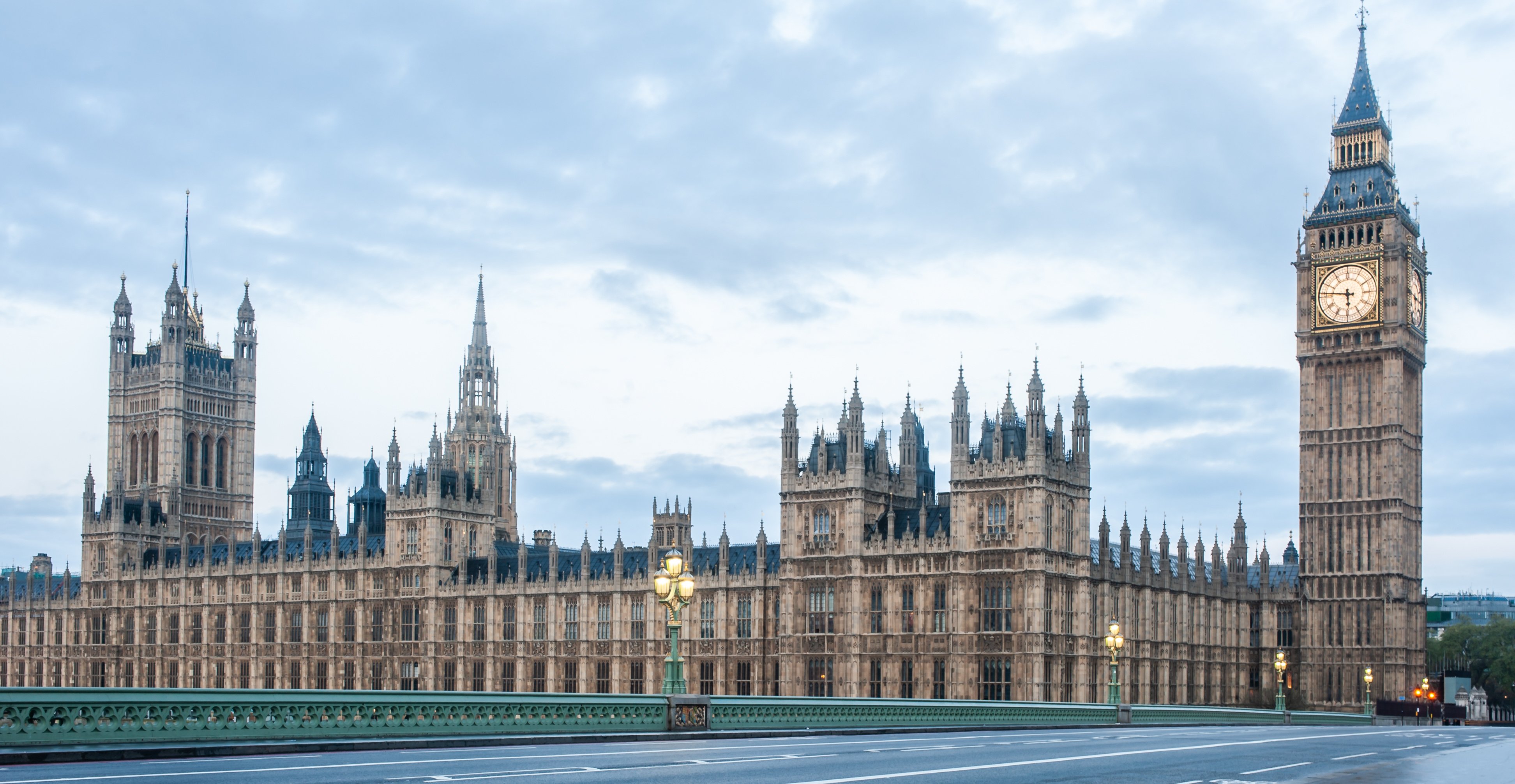The state of UK tech policy in London Tech Week 2023
by Mitali Sud on 12 Jun 2023
As London Tech Week gets going, we take a look at the key debates in UK tech policy and recap where all of the major new regulatory proposals have got to.
Following the commencement of London Tech Week on 12 June, Government representatives are coming together with leaders in the technology industry to showcase and encourage investment in Britain’s technology sector. Speakers at the five-day event include leading technology companies and investment firms such as DeepMind and Blackseed Ventures alongside ministers such as Chloe Smith MP, Secretary of State for Science, Innovation, and Technology, and Paul Scully MP, Minister for Technology and the Digital Economy. Prime Minister Rishi Sunak gave the keynote speech.
This year’s event is taking place at a unique time for the technology industry, following Mr Sunak’s pledge during his leadership campaign in 2022 to make the UK a ‘science and technology superpower’. Since then, Mr. Sunak has, among other things, established a new Department for Science, Innovation, and Technology (DSIT) and announced that the UK will host a global summit on artificial intelligence (AI) later this year. And the Government aims to pass legislation on data, digital competition, and online safety, and recently published an initial framework for regulating AI. However, political turmoil within the Conservative Party, most recently following the resignation of Boris Johnson as an MP, is diverting policymakers’ time and attention from the tech agenda when the Government is up against the clock as it aims to pass legislation before this Parliament is dissolved in 2024.
The discussions at London Tech Week will reflect the Government’s and public sentiment on the state of the UK technology industry. This year’s event includes conversations on unlocking the potential of UK entrepreneurship, the risks and opportunities of generative AI, and the future of metaverse technologies. Against this backdrop, below is a summary of the key tech legislative areas in the UK that will shape the discourse at London Tech Week.
Digital Markets, Competition, and Consumers (DMCC) Bill
The DMCC Bill was introduced to Parliament in April 2023. It aims to establish a pro-competition regime for digital markets, amend existing consumer rules to reflect modern consumer behaviours, and reform the independent regulator for competition, the Competition and Markets Authority (CMA). The bill will give significant powers to the CMA to regulate digital markets. Some small and medium-sized enterprises (SMEs) strongly support the legislation, advocating for the Government to intervene to limit the dominance of a handful of US-based technology companies. Others criticise the expanded powers that the Bill would afford the CMA to impose conduct requirements on firms that the CMA considers to have a strategic market status in a digital activity and impose penalties of up to ten percent of a firm’s global turnover. The bill is in its early stages in the House of Commons, with MPs starting their detailed scrutiny of the bill in the committee stage from 13 June.
Data Protection and Digital Information (No. 2) Bill (‘DPDI Bill’)
The DPDI Bill, which was introduced to Parliament in March 2023, will amend existing sources of UK data protection law including the UK General Data Protection Regulation (GDPR). The Government intends the legislation to reduce the compliance burdens that businesses and law enforcement agencies face while continuing to protect consumers’ personal data. However, some SMEs have argued that the bill could threaten the competitiveness of the UK as a centre for data innovation. One example is that provisions would add regulatory burdens that would hinder the ability of companies that obtain data from third parties from competing with large technology companies that have ring-fenced access to data obtained from their users. These aspects and others will be scrutinised as the legislation passes through Parliament. The House of Commons is due to scrutinise the bill on the floor of the Commons at report stage which will be followed by third reading before it is considered by the House of Lords.
AI White Paper
The Government published a white paper in March 2023 in which it set out proposals for implementing a ‘proportionate, light-touch, and forward-looking’ framework for regulating AI. The Government said it will not introduce new legislation at this stage, arguing that heavy-handed legislation may stifle innovation. Instead, the white paper lays out a framework to help guide and inform the development of AI across sectors that is based on five non-legislative principles: safety, security, and robustness; appropriate transparency and explainability; fairness; accountability and governance; contestability and redress. The framework outlines how the Government would empower existing regulators to develop their own context-specific approaches, that are tailored to the way AI is being used in their respective sectors. Since the publication of the white paper, some commentators such as Tesla’s Elon Musk have advocated for a pause in AI development until stricter regulation is in place, and governmental bodies like the European Commission have progressed efforts to implement more rigid AI regulations.
Online Safety Bill
The Online Safety Bill was reintroduced to Parliament in May 2022, following its introduction during the previous parliamentary session. The bill would protect children and adults online by introducing new requirements for user-to-user and search services that operate in the UK. Services in scope of the regulation would be required to remove illegal material from their sites or minimise the length of time for which certain types of content such as fraudulent paid-for advertisements are present on the platform. The bill is important for the Government as its passage will help fulfil the Government’s manifesto commitment to make the UK the safest place in the world to be online. However, critics such as freedom of speech advocacy group, Article 19, argue that the legislation has become unwieldy. They argue that by setting out varying levels of obligations for different types of illegal content, the bill may lead to difficulties in enforcement and compliance. Following its passage through the House of Commons, the Bill is being considered by the House of Lords in committee stage, which is set to end soon.
The legislation and proposals summarised above will certainly shape discourse at London Tech Week given their consequential impact on the UK’s technology sector. The conference will be a temperature check for the industry’s feelings about UK tech policy. Sessions on AI development, fostering innovation in the UK, and the future of start-up funding in the UK are just a few of the interesting sessions to look forward to this week.
Topics: Competition and Markets Authority, Platforms, Artificial Intelligence (AI), Competition policy, Antitrust, Big Tech, GDPR, Digitaleconomy, techpolicy






Comments